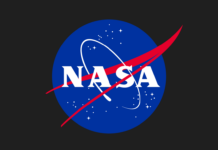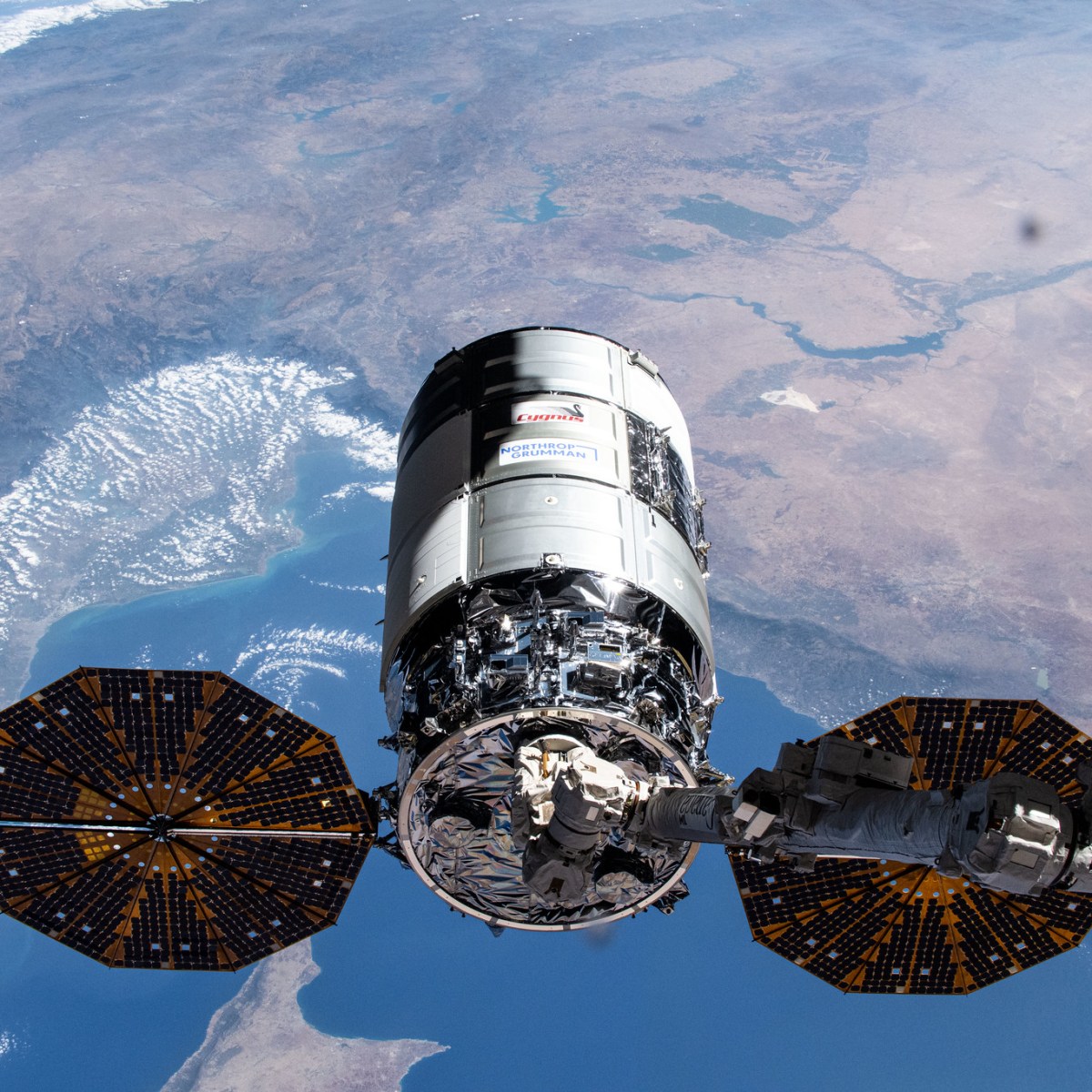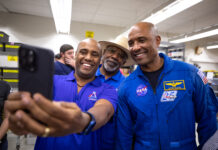NASA Extends Contracts for ISS Cargo Transport Until 2030
NASA has officially decided to extend the contracts of three key companies to ensure the continued transportation of cargo to and from the International Space Station (ISS) until the projected end of its operational life in 2030. This decision is pivotal as it underscores the importance of maintaining seamless supply chains to support the ISS, which serves as a vital platform for scientific research and international collaboration.
In procurement documents released on November 8, NASA announced its plan to extend the existing Commercial Resupply Services (CRS) 2 contracts with three companies: Northrop Grumman, Sierra Space, and SpaceX. These contracts, initially set to expire at the end of 2026, are now extended through 2030, aligning with NASA’s timetable for retiring the ISS. These extensions are crucial for ensuring that the ISS continues to receive necessary supplies and equipment to support its ongoing operations.
The CRS-2 contracts were originally awarded in 2016 as part of NASA’s strategy to leverage commercial capabilities for cargo transportation to the ISS. The contracts enable private companies to design and operate spacecraft that deliver supplies to the station, a fundamental shift from the earlier model where NASA was solely responsible for such missions. In March 2023, NASA announced its intent to extend these contracts, emphasizing the lack of alternative solutions in the current market for certified vehicles capable of performing these tasks. The extension of these contracts, according to NASA, is the most efficient means of ensuring uninterrupted service for the ISS.
NASA did not make the decision to extend these contracts without exploring other possibilities. As part of its March 2023 announcement, the agency sought proposals from companies that believed they could fulfill the cargo transportation role. However, after evaluating three responses, NASA determined that none of the proposals met the necessary requirements.
The first response came from Gravitics, a company focused on developing modules for future commercial space stations, including a concept known as StarMax. Despite their innovative approach, NASA’s review indicated that Gravitics’ proposal lacked a comprehensive description of an end-to-end cargo service that could reach, dock with, and depart from the ISS. Instead, their proposal suggested the use of a next-generation launch vehicle to reach low Earth orbit, but specific details about this approach were not disclosed publicly.
The second response was submitted by The Exploration Company, a European startup based in Munich, Germany, specializing in the development of cargo return spacecraft. However, under U.S. federal law, the company did not qualify as a "United States commercial provider," a requirement for the CRS-2 contracts. This restriction, along with other limitations related to foreign purchases and export control laws, disqualified their proposal.
The third submission came from GEPA Logistics, a British company known for its expertise in land, sea, and air transportation. However, NASA noted that GEPA Logistics did not demonstrate any experience or capability in space transportation. Their proposal lacked a detailed description of spaceflight capabilities necessary for delivering cargo to the ISS, leading to its rejection.
Despite the rejection of these proposals, there is a possibility that one of the companies might still achieve its goal of reaching the ISS through alternative means. In May, the European Space Agency (ESA) selected The Exploration Company, alongside Thales Alenia Space, for study contracts under its own commercial cargo program. This initiative aims to have at least one company conduct a demonstration mission to the ISS by 2028, potentially providing an opportunity for The Exploration Company to showcase its capabilities.
The financial implications of extending the CRS-2 contracts are also noteworthy. The combined value of these contracts is capped at $14 billion. NASA has assured that extending the contracts to 2030 will not exceed this limit, although specific details about the funding used so far remain undisclosed. According to federal procurement databases, NASA has allocated $2.7 billion to Northrop Grumman, $1.4 billion to Sierra Space, and $2.8 billion to SpaceX, amounting to a total of $6.9 billion obligated to date.
This strategic decision by NASA to extend the CRS-2 contracts highlights the agency’s commitment to ensuring the continuous operation of the ISS while fostering commercial participation in space exploration. The involvement of companies like Northrop Grumman, Sierra Space, and SpaceX not only supports the ISS but also advances the broader objective of integrating commercial innovation into space missions.
The importance of these contracts cannot be overstated. The ISS serves as a unique laboratory for scientific experiments and international cooperation, providing valuable insights into various fields such as biology, physics, and earth sciences. By extending these contracts, NASA ensures that the station remains well-supplied and operational, enabling researchers to carry out experiments that benefit humanity as a whole.
Moreover, the involvement of commercial companies in space transportation aligns with NASA’s long-term vision of transitioning low Earth orbit operations to the private sector. This strategy allows NASA to focus its resources on more ambitious missions, such as returning humans to the Moon and eventually landing humans on Mars.
In conclusion, the extension of the CRS-2 contracts to 2030 is a crucial step in maintaining the ISS as a vital hub for scientific research and international collaboration. It underscores NASA’s commitment to leveraging commercial capabilities to support space exploration and highlights the potential for future partnerships that could expand humanity’s reach beyond low Earth orbit. As the ISS continues to operate, it will undoubtedly play a critical role in advancing our understanding of science and technology, paving the way for future space endeavors.
For more Information, Refer to this article.






























